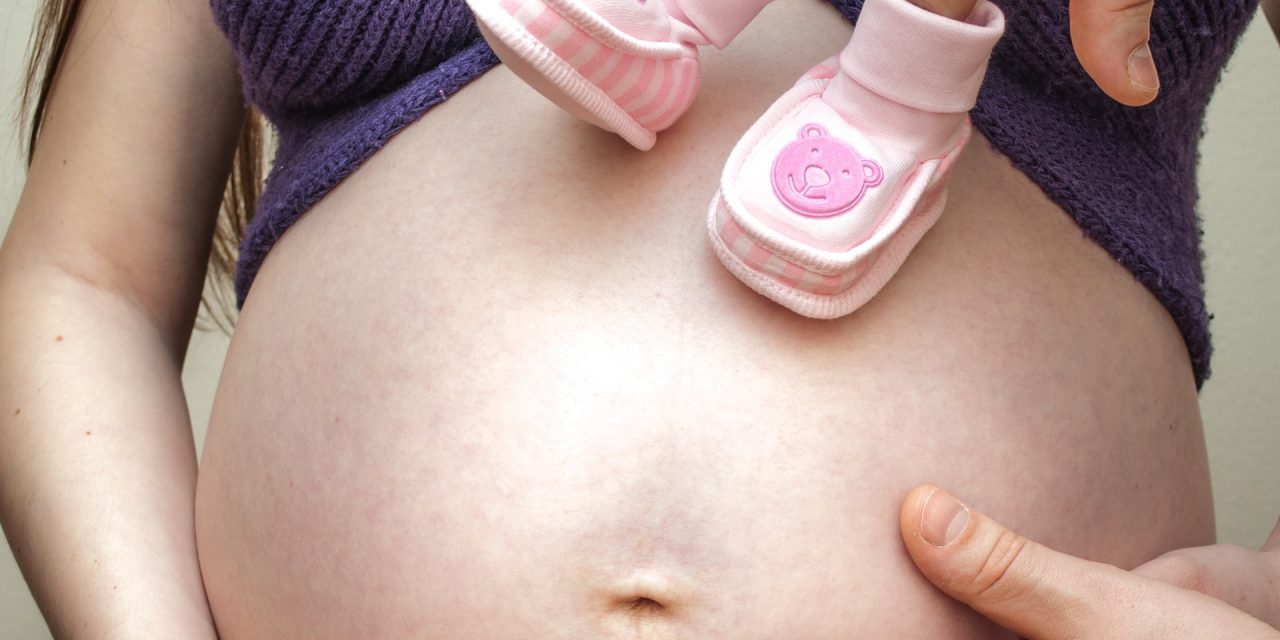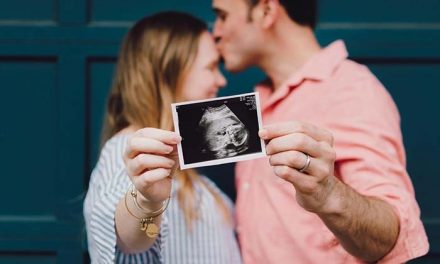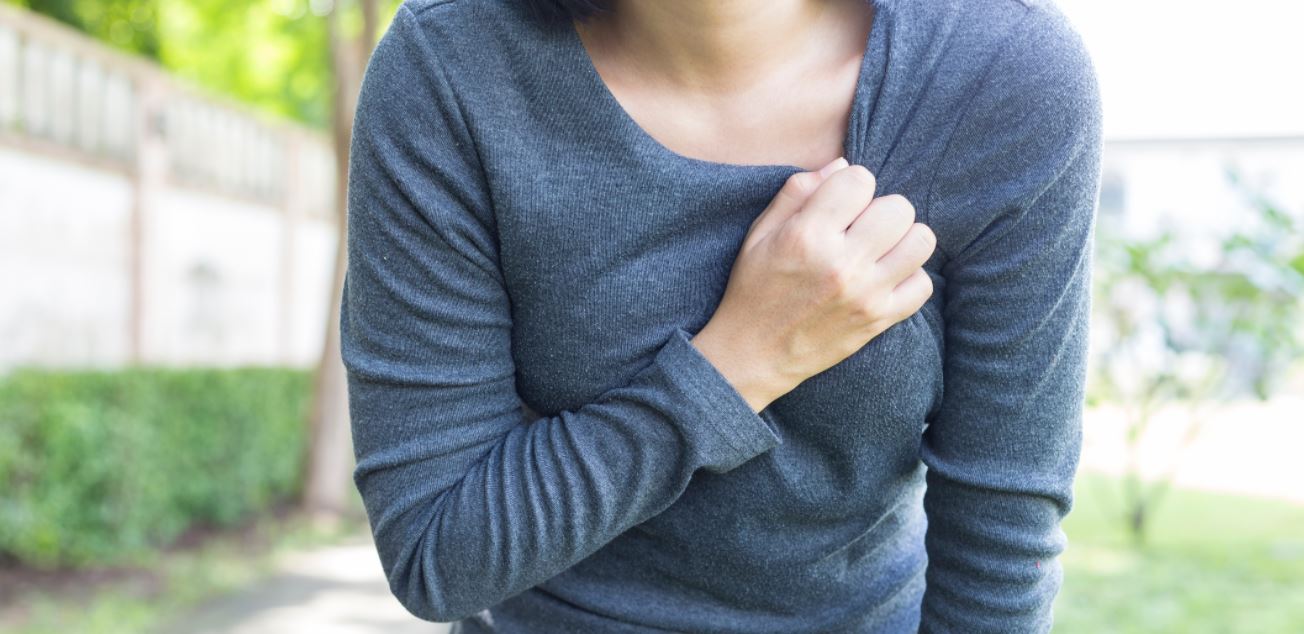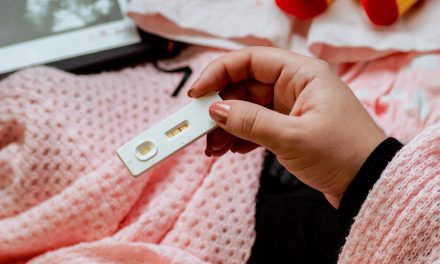Simply having sex to get pregnant doesn’t always guarantee a pregnancy; time it right, and it won’t take too many tries before you have a bun in the oven. Most couples forget that a woman’s menstrual cycle has a big role to play when it comes to the best time to conceive. By knowing how to track your cycle and what to look for, you can learn the best time to conceive for yourself.
When’s The Best Time To Conceive?
The best time for a woman to get pregnant is in her ‘fertile window’ – a set of days in her menstrual cycle that has a high possibility of pregnancy. Your fertile window depends on your menstrual cycle and its length.
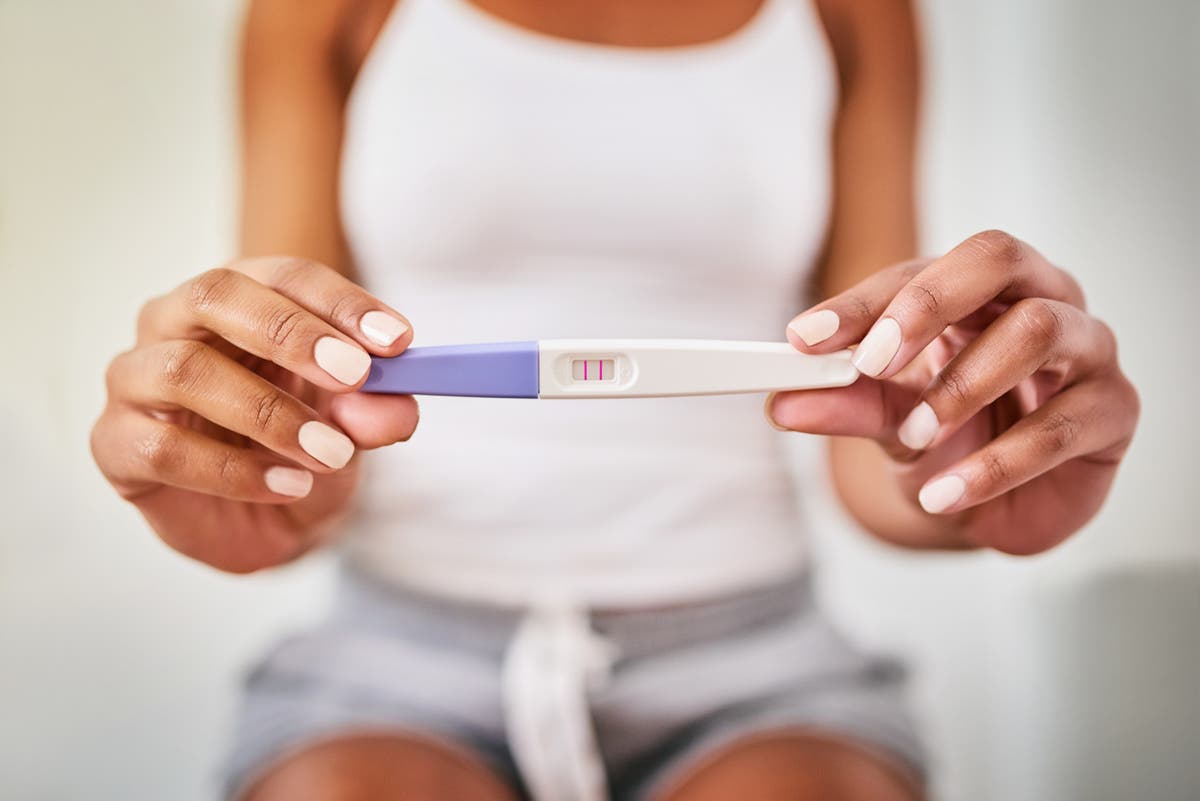
The best time to conceive for a woman is during the fertile window of her menstrual cycle.
Once during every cycle, your ovaries release an egg (ovum) that travels through the fallopian tube and to the uterus. This usually happens around the 14th day of a 28-day menstrual cycle. Your fertile window i.e. your best time to conceive is the 5 days before ovulation, and the day of ovulation. The highest probability of sex during your fertile window is the two days prior to ovulation and the day of ovulation. This is the point in your cycle at which you’re the most fertile, and your body is in full preparation for a baby.
Why Is It Important To Track The Best Time To Conceive?
There’s a reason that certain types of contraceptive pills work best when you take them at a certain time and work within a certain timespan. This is because your eggs and your partner’s sperm only live for a fixed span of time. Once in your body, sperm can live for up to 5 days in fertile mucus. Your eggs, however, can only be fertilized for around a day i.e. 24 hours once they’re released from the ovary.
The timing is thus crucial since the sperm only have a short bracket to fertilize the egg and create an embryo. Your chances of getting pregnant either before or after your fertile window are slim to none. However, if you’re not looking to get pregnant anytime soon, don’t rely on this. Unexpected pregnancies and abortions are not worth risking, and you must rely on contraception when having sex.
How To Know When You’re Ovulating?
Tracking your ovulation isn’t rocket science – all you have to do is pay attention to your body and regularly note these changes down. Here are some ways that can make it easier for you to track your menstrual cycle so you know when you’re ovulating.
- Start to note down the start and end date of your period. Your cycle starts on the first day of your period, and it ends on the day before your next period starts. The midpoint of your entire cycle will be your date of ovulation. There are also apps you can turn to if you can’t seem to keep track of your ovulation on paper.
- Track your basal body temperature (BBT) since it increases a little after you ovulate. You’ll need to purchase a basal body temperature thermometer and use it first thing in the morning. Keep in mind that this helps you know when you’ve ovulated, and can’t prejudice your ovulation date for you.
- Observe your vaginal mucus. On the days around your ovulation, your mucus becomes thin and clear, similar in appearance to egg white.
- Take an ovulation test. You can either buy an over-the-counter test from a chemist or go to your gynecologist to better understand your cycle. The at-home tests detect changes in your hormones through your urine and can be a helpful guide to tracking your ovulation.
- Pay attention to your body. You may feel a sharp prick in your abdomen, and some women even feel mild cramping. This is a sign that you’re ovulating and happens when the follicle (the sac in the ovary containing the egg) ruptures, releasing the egg.
Additional Tips For Having Sex To Get Pregnant
- Eat Healthy: Lowering your consumption of fried, processed foods and turning to a well-balanced diet can help you and your partner to get pregnant faster. Plus, weight plays a factor in your fertility – a woman who is too heavy or too thin could have lower fertility rates.
- Don’t Smoke: Smoking is harmful and lowers your chances of conceiving. It increases the odds of infertility and miscarriage, as well as lowers sperm motility.
- Lower Your Caffeine Consumption: Large quantities of caffeine in a day (over 5 cups of coffee) can lower your fertility.
- Orgasm: There’s no use tracking your ovulation or the best time to conceive if your partner isn’t ejaculating. This is an essential step to getting pregnant. It isn’t essential for the woman to orgasm in order to get pregnant, and several women may not even be able to due to sexual dysfunction. However, the vaginal movements when she orgasms can help the sperm move faster towards the egg.
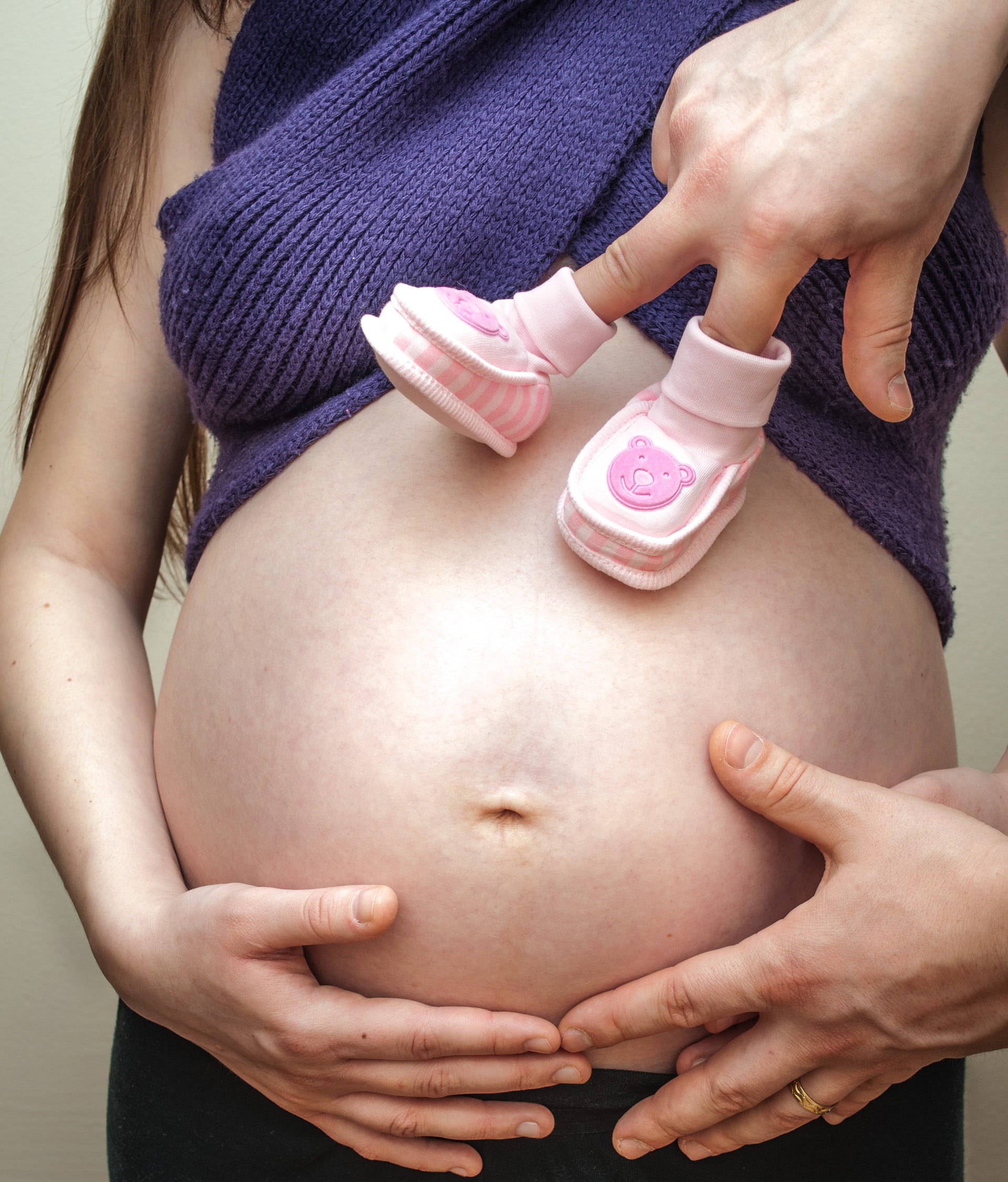
Along with the best time to conceive, you also need to track and maintain a healthy lifestyle to get pregnant.
Conclusion
Tracking the best time to conceive when having sex to get pregnant is one of the surer steps towards pregnancy. However, you need to see a doctor if you’ve been trying to conceive with no luck for a year. They can help you figure out just why it’s been a struggle. Plus, with technology, there are several ways you can get pregnant, one of the most prominent being IVF. Remember, explore all your options and only follow advice from trusted sources. And once pregnant, make sure to download the ImmunifyMe app to keep track of your child’s medical records and immunization schedules.
FAQs On Best Time To Conceive
What Time Of Day Is Best To Conceive?
There is no solid evidence to suggest that there’s a certain time of day that is ideal to conceive. The research and studies are few and far between, with differing evidence.
How Can I Get Pregnant Asap?
There are certain things you can do to increase your chances of getting pregnant. These include not smoking, reducing your caffeine intake, and having sex during your fertile window.
How Do I Know I’m Ovulating?
Some signs of ovulation include thick and clear vaginal mucus, a sharp pinching sensation in the abdomen or abdominal cramping, and an increase in basal body temperature.

